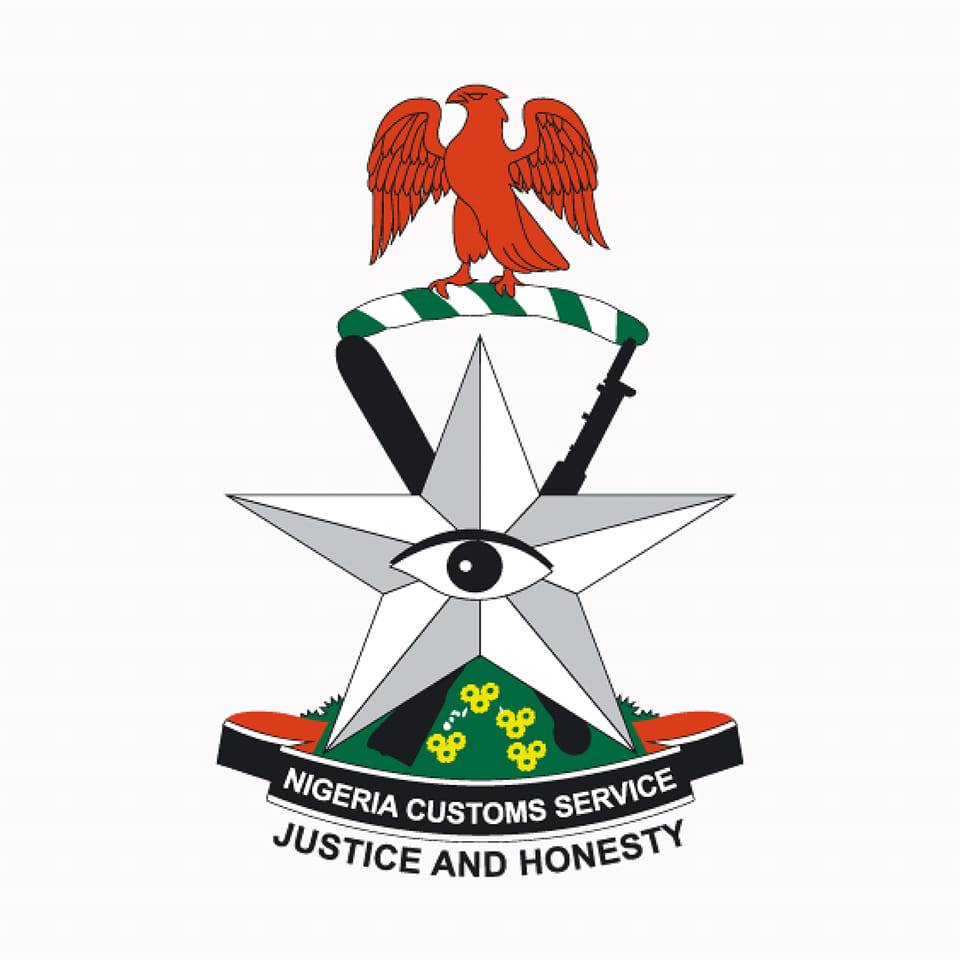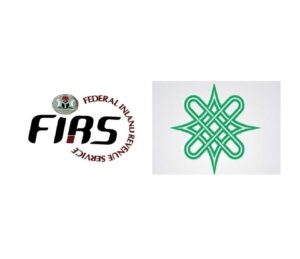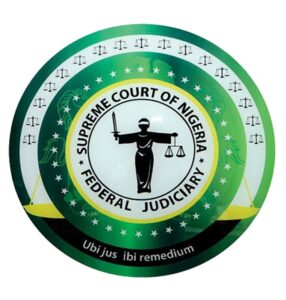Nigeria Tariff System is Competitive, not punitive – Customs Boss

The Nigeria Customs Service has refuted the charge and widely held view that the nation’s tariff system is punitive and less friendly compared to neighbouring countries, arguing that it world-class.
The Comptroller General of Customs(CGC) Bashir Adewale Adeniyi made this refutal while fielding questions from Journalists at the 2024 Capacity building workshop organized by the Finance and Business Online Publishers (FiBOP) at the Orchid Hotels Lekki Lagos weekend.
The CGC spoke on the Strategic lmportance of Digital Infrastructure in Import Duty Collection and Accountability as a keynote address to FiBOP 2024 capacity building workshop titled Digital innovation : Deepening Infrastructure for Efficient Ecosystem.
A tariff refers to the tax imposed by the government on imported goods from other countries, majorly to protect the domestic producers, but the government also imposes tariffs to reduce imports from other countries, thereby promoting the use of domestic products.

The CGC who was represented by the Controller of Tincan Island Port, Apapa Area command of customs , Dera Nnadi said it is not true that Nigerian Ports are less friendly than neighbouring countries.
Citing the example of vehicle clearance in cotonu, Nnadi said that people often misconstrued the charges on transit cargo as the final duty of vehicle for home use.
He argued that people often claim that it takes about N488,000 to clear a vehicle within 24 hours in Cotonu than in Nigeria.
According to him the duty on transit cargo is different from the clearance for home use emphasizing that it is even more expensive in neighbouring countries than in Nigeria.
He averred that cost of clearing a car for home use is more expensive, citing the influx and frequency of traders of Benin Republic to purchase items such as Television,Tiles, Jean’s and other articles of trade imported into their country from Lagos Nigera, to buttress point;
He challenged those projecting this view to go and verify how much it cost s to clear a Mercedes Benz car for home use in Cotonu and they will come back and thank Nigeria.
Nnadi argued that if the cost of clearing goods were cheaper they would have purchased those items in their country.
On the contrary, he said that transit cargo clearance in Nigeria is free , pointing out that any shipment from Nigerian Port transiting to Burkina Faso or Chad Republic is free.
Nnadi who was at different times area controller Idi Iroko border – Ogun 1 and area controller Seme border and now Controller of Tincan Island Port, Command said with the benefit of hindsight, the claim that Nigeria is less competitve have no empirical evidence.
According to him, a scientific study has been conducted to determine the number of days it takes to clear goods in Nigeria which will lay to rest ghost of speculation.
He said that similar claims by a section of Nigerian Businessmen made him to take some Maritime Editors on a tour of Seme Border to give them first hand information of the situation in Benin Republic.
While comparing Singapore, a digitalized Port where clearing of goods is top notch, and seamless, Nnadi attributed their speed to manageable population of about six to eight million people, single language and disciplined character of citizens; saying those who compare Nigeria with Singapore must be ready to be as disciplined as their population which is less than Lekki in Lagos State, Nigeria.
Nnadi said that the tariff system is world-class having complied with international cargo clearing standards, world trade organization and United Nations Conference on Trade and Development (UNCTAD).







